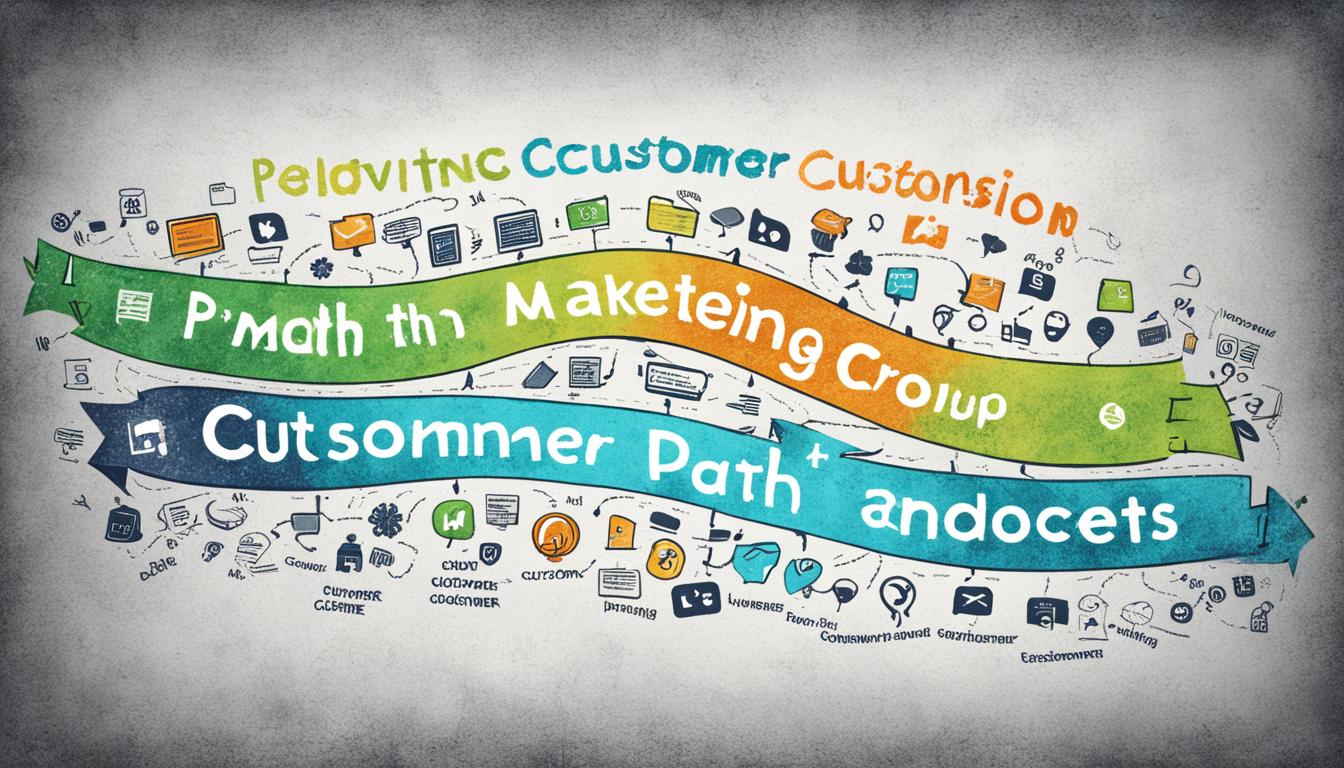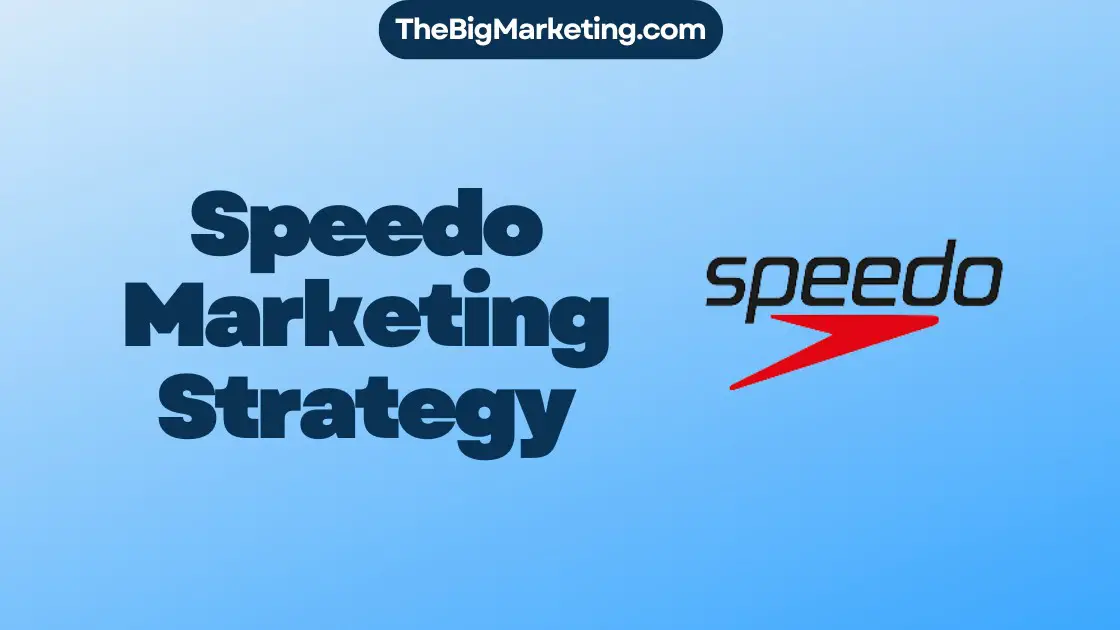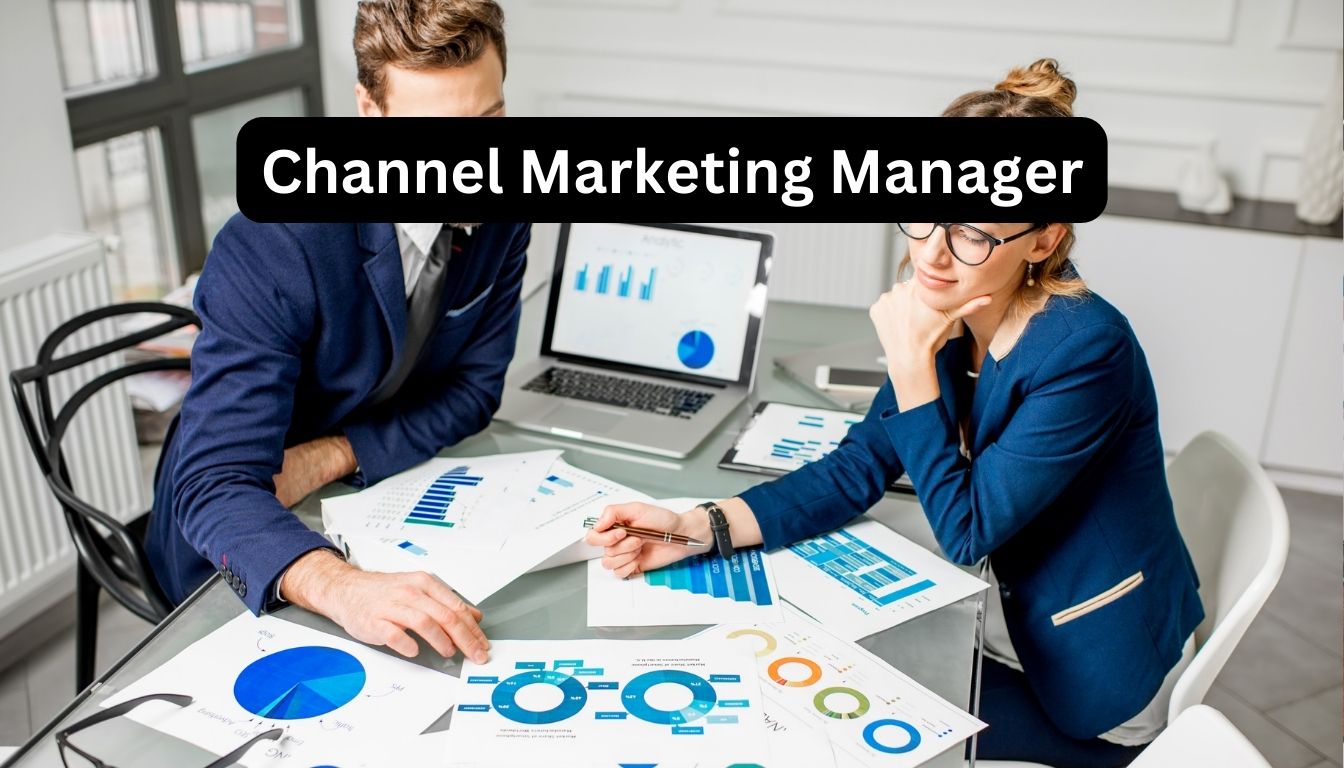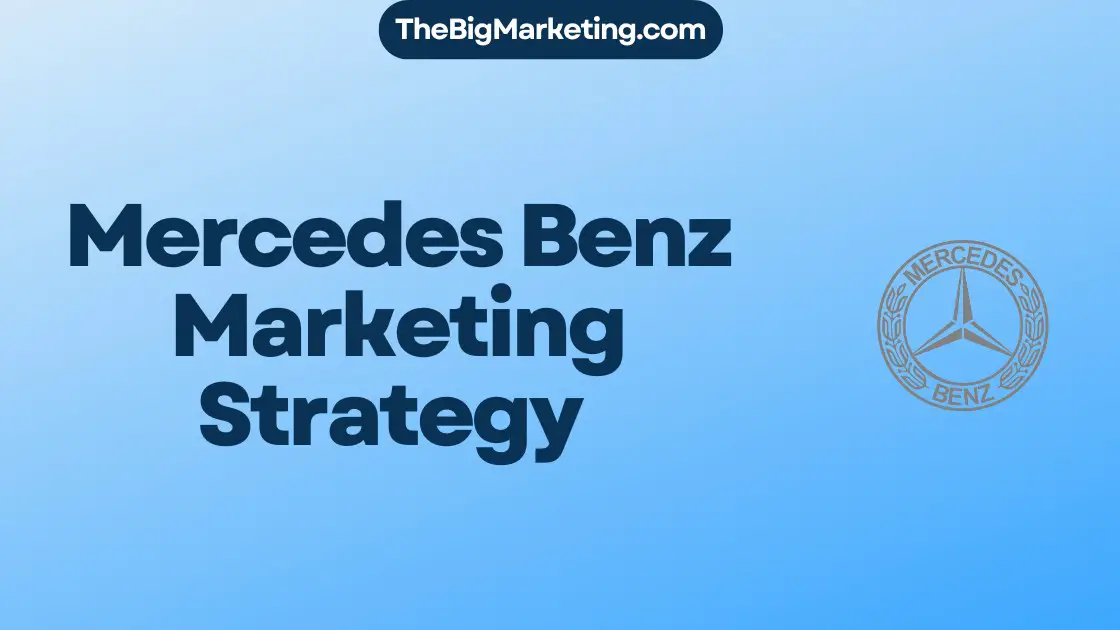Welcome to our comprehensive guide to virtual event marketing in 2024. In this section, we will delve into the importance of virtual event marketing and explore various strategies to boost attendance and engagement in the online realm. We will discuss the wide reach and cost-effectiveness of virtual event marketing, the significance of analytics in measuring success, and the flexible nature of virtual events. Additionally, we will provide valuable insights into developing a compelling event page, leveraging social media platforms, and utilizing email marketing campaigns for maximum impact. We will also touch on the benefits and challenges that come with virtual event marketing.
Key Takeaways:
- Virtual event marketing offers a wide reach and cost-effective solutions for event promotion.
- Analytics play a vital role in measuring the success of virtual events.
- Virtual events provide flexibility and the opportunity to engage with a global audience.
- Developing a compelling event page is essential to attract attendees.
- Social media and email marketing are effective strategies for promoting virtual events.
The Importance of Virtual Event Marketing
Virtual event marketing is a powerful strategy that offers numerous benefits to event organizers. In today’s digital age, virtual events allow for audience reach on a global scale, making it easier than ever to connect with attendees from different corners of the world. The cost-effectiveness of virtual event marketing is another significant advantage, as it eliminates expenses associated with physical venues, travel, and accommodation.
One of the key advantages of virtual event marketing is the valuable analytics it provides. By analyzing metrics such as registrations, attendance count, social media activity, and survey results, event organizers can gain insights into the success of their marketing efforts. This data-driven approach allows for continuous optimization of strategies to achieve maximum impact.
Another noteworthy aspect of virtual event marketing is its flexibility. Online events can be tailored to fit various formats and time zones, accommodating the needs and preferences of a diverse audience. The flexibility extends to the promotion and engagement strategies employed, enabling event organizers to experiment with different techniques to drive attendance and enhance the overall event experience.
With virtual event marketing, event organizers have the opportunity to engage with their audience in exciting and innovative ways. From interactive sessions and live Q&A sessions to virtual networking and gamification elements, online events provide a wide range of engagement opportunities. These immersive experiences captivate attendees and leave a lasting impression, ultimately driving future participation.
Virtual event marketing truly opens up a world of possibilities for event organizers. The extensive audience reach, cost-effectiveness, valuable analytics, and flexibility it offers make it an indispensable tool in the modern marketing landscape. By embracing virtual event marketing, organizations can tap into new markets, drive engagement, and achieve their event goals effectively.
Essential Marketing Strategies for Virtual Events
Developing a compelling event page is crucial for attracting attendees. To make a lasting impression, include a catchy headline that captures attention and sparks curiosity. A concise event description should provide key details about the event, highlighting its unique value proposition and benefits.
When designing your event page, it’s essential to make the event registration process clear and straightforward. Clearly outline the steps attendees need to take to register for the event, ensuring that the registration form is user-friendly and easily accessible.
In order to establish social proof and build trust with potential attendees, incorporate positive reviews and testimonials from previous event participants. These testimonials can be displayed prominently on the event page, offering valuable insight into the quality and value of the event.
Another effective strategy to streamline the registration process and address common inquiries is to include an FAQs section on the event page. This section should cover frequently asked questions, providing attendees with the information they need to confidently register for the event.
It’s also crucial to leverage the power of social media platforms and implement targeted email marketing campaigns to effectively promote your virtual event. By leveraging social media platforms, you can reach a wider audience and create buzz around your event. Utilize engaging content, such as teasers and sneak peeks, to generate excitement and encourage social sharing.
Integrating email marketing into your virtual event promotion strategy allows you to directly reach your target audience and nurture relationships. Craft compelling content that highlights the unique value of attending your event and use email automation to send timely reminders and updates to registered attendees.
By implementing these essential marketing strategies for virtual events, including creating a compelling event page, leveraging social media, and utilizing email marketing, you can effectively promote your event and drive high attendance rates.
Leveraging Social Media for Virtual Event Promotion
In today’s digital landscape, social media has become an indispensable tool for promoting virtual events. With its vast reach and engaged user base, leveraging social media platforms can significantly boost event visibility and drive attendance. In this section, we will explore effective strategies for social media promotion, including the creation of a unique hashtag, paid advertising, influencer partnerships, and the use of teasers to generate excitement.
Creating a Unique Hashtag
One of the key elements of social media promotion is the creation of a unique and memorable hashtag for your virtual event. A hashtag serves as a digital rallying point, allowing attendees and participants to connect and engage with each other online. By using a unique hashtag consistently across multiple platforms, you can enhance event visibility and encourage social sharing. It’s important to choose a hashtag that reflects the essence of your event and is easy to remember.
Utilizing Paid Ads
While organic social media promotion is effective, utilizing paid advertisements can further extend your event’s reach and target specific audience segments. Paid ads on platforms like Facebook, Instagram, and LinkedIn enable you to amplify your message to a wider audience and capture the attention of potential attendees who may not have seen your organic posts. By defining your target audience and setting clear advertising objectives, you can optimize your ad campaigns for maximum impact.
Partnering with Influencers
Influencer marketing continues to be a powerful strategy for virtual event promotion. Collaborating with industry influencers and thought leaders can significantly enhance your event’s visibility and credibility. When selecting influencers, ensure they align with your event’s theme or target audience. By leveraging the influence and reach of these individuals, you can tap into their followers’ networks and generate buzz for your event.
Building Anticipation with Teasers
Teasers are a great way to build anticipation and generate excitement for your virtual event. Use social media platforms to offer behind-the-scenes content, interviews with speakers or performers, and sneak peeks into what attendees can expect. Teasers create a sense of exclusivity and intrigue, compelling potential attendees to mark their calendars and register for the event to gain access to unique experiences.
By incorporating these strategies into your social media promotion efforts, you can maximize the visibility and attendance of your virtual event. Remember to track and analyze the performance of your social media campaigns to identify areas of improvement and adjust your strategy accordingly.
| Social Media Promotion Strategies | Benefits |
|---|---|
| Create a unique hashtag | Enhances event visibility and encourages social sharing |
| Utilize paid ads | Extend event reach and target specific audience segments |
| Partner with influencers | Enhances event visibility and credibility |
| Build anticipation with teasers | Generate excitement and compel potential attendees to register |
Utilizing Email Marketing for Virtual Event Promotion
Email marketing is an essential tool for promoting virtual events and driving registrations. By leveraging the power of email, event organizers can reach their target audience directly and deliver compelling content that generates interest and excitement.
Building an Engaged Email List
A successful email marketing campaign starts with a strong and engaged email list. To build this list, event organizers can:
- Create a dedicated landing page on their event website where visitors can subscribe to receive updates and event information.
- Offer incentives such as exclusive content or early access to event details in exchange for email sign-ups.
- Collaborate with industry influencers or partners to cross-promote the event to their respective email lists.
By implementing these strategies, event organizers can attract a targeted audience of individuals who are genuinely interested in attending their virtual event.
Sending Compelling Content to Subscribers
Once the email list is established, it’s crucial to create and send compelling content that engages subscribers and entices them to register for the virtual event. This content can include:
- An engaging event teaser video that highlights the key features and benefits of attending the event.
- An informative event overview that provides a clear understanding of what attendees can expect during the virtual experience.
- Testimonials from previous attendees or industry experts that demonstrate the value of attending the event.
By delivering valuable content that resonates with subscribers, event organizers can increase excitement and drive higher registration rates.
Utilizing Automated Emails for Reminders and Countdowns
Automated emails are a powerful tool for keeping potential attendees engaged and reminding them about the virtual event. Event organizers can set up automated emails to:
- Send reminders about the event date, time, and access instructions to registered attendees.
- Create a countdown series leading up to the event, generating anticipation and motivating subscribers to secure their spot.
- Share additional event updates, such as new speakers or exciting program additions, to keep subscribers informed and interested.
By utilizing automated emails, event organizers can ensure that potential attendees have the event at the forefront of their minds and increase the chances of their participation.
Integrating Email Marketing Tools with Virtual Event Platforms
To streamline communication and follow-up with attendees, integrating email marketing tools with virtual event platforms is essential. This integration allows event organizers to:
- Seamlessly send event confirmations and joining instructions to registered attendees.
- Collect valuable post-event feedback through surveys or ratings, helping organizers improve future events.
- Nurture leads and maintain attendee engagement through targeted follow-up emails that provide exclusive content or upcoming event announcements.
This integration enables event organizers to leverage the power of email marketing throughout the entire event lifecycle, from registration to post-event engagement.
Incorporating email marketing into the virtual event promotion strategy is a powerful way to connect with attendees and drive registrations. By building an engaged email list, delivering compelling content, utilizing automated emails, and integrating email marketing tools with virtual event platforms, event organizers can maximize the success of their virtual events.
Creating a Promotional Video for Virtual Events
Promotional videos are a highly effective way to boost virtual event attendance. By crafting high-quality videos, event organizers can convey the value and benefits of participating in the event to potential attendees. These videos serve as enticing teasers, offering a sneak peek into what participants can expect and enticing them to register. When created professionally, these videos can make a lasting impression and drive higher registration rates.
When developing a promotional video for a virtual event, it is crucial to focus on creating high-quality content that captures the essence of the event. The video should highlight key features, sessions, and speakers that will be present, showcasing the exciting opportunities that await attendees. By presenting a visually engaging and captivating video, event organizers can effectively engage their target audience and generate excitement about the event.
Utilizing storytelling techniques can be especially powerful in promotional videos. By crafting a compelling narrative and showcasing the benefits of attending, organizers can create an emotional connection with viewers and inspire them to take action. A compelling story coupled with impactful visuals and clear messaging can leave a lasting impression and increase virtual event attendance.
Tips for Creating an Effective Promotional Video:
- Keep the video concise and engaging, focusing on the key highlights and value propositions of the event.
- Use high-quality visuals, graphics, and animations to enhance the overall production value of the video.
- Include testimonials or interviews from past attendees or industry experts to add credibility and emphasize the benefits of attending.
- Utilize captivating music and sound effects to create a dynamic and immersive viewing experience.
- Optimize the video for various platforms and devices to ensure maximum reach and accessibility.
By creating a compelling promotional video for virtual events, organizers can effectively communicate the value of attending and entice potential participants to register. The right combination of high-quality content, storytelling, and engaging visuals can significantly impact virtual event attendance and drive the success of the event.
Virtual Event Challenges and Mistakes to Avoid
While virtual event marketing offers numerous advantages, it also comes with its fair share of challenges. Being aware of these challenges and avoiding common mistakes can significantly enhance the success of your virtual events.
Technical Issues
One of the main challenges in virtual event marketing is dealing with technical issues that may arise during the event. These issues can include audio or video glitches, connectivity problems, or platform malfunctions. To mitigate these problems, it is crucial to have a contingency plan in place and work closely with tech support to quickly resolve any issues that may arise. Conducting thorough testing and rehearsals prior to the event can also help identify and address potential technical issues beforehand.
Lack of Engagement
Virtual events can sometimes face the challenge of low attendee engagement. To combat this, it is essential to create engaging experiences that captivate and involve your audience. Utilize interactive features such as live polls, Q&A sessions, and virtual networking opportunities to encourage active participation. Incorporating gamification elements, such as virtual competitions or scavenger hunts, can also make the event more entertaining and keep attendees engaged throughout.
Choosing the Wrong Tool
Selecting the appropriate virtual event platform is crucial for the smooth execution of your event. Choosing the wrong tool can lead to logistical issues, limited functionality, or compatibility problems. Carefully evaluate different virtual event platforms, considering factors such as user experience, features, scalability, and technical support. Conduct trials or demos to ensure the platform aligns with your event requirements and the overall attendee experience you aim to deliver.
Post-Event Follow-up
One common mistake in virtual event marketing is neglecting post-event follow-up. It is crucial to capitalize on the momentum generated during the event to nurture leads and maintain attendee engagement. Send personalized thank-you emails, share post-event surveys for feedback, and provide valuable resources or recordings of sessions as a follow-up. Implementing a post-event communication strategy will help you build stronger relationships with attendees and increase the likelihood of them attending future events.
By addressing these challenges proactively and avoiding common mistakes, you can elevate the success of your virtual events and create valuable and engaging experiences for your audience.
| Virtual Event Challenges | Key Strategies |
|---|---|
| Technical Issues | Have a contingency plan; Work closely with tech support; Thorough testing and rehearsals |
| Lack of Engagement | Create interactive experiences; Utilize gamification; Incorporate live polls and Q&A sessions |
| Choosing the Wrong Tool | Evaluate different virtual event platforms; Consider user experience, features, and technical support; Conduct trials or demos |
| Post-Event Follow-up | Send personalized thank-you emails; Share post-event surveys; Provide valuable resources or recordings |
The Benefits of Virtual Events, Hybrid Events, and In-person Events
When it comes to event planning, there are three main formats to consider: virtual events, hybrid events, and in-person events. Each format presents unique advantages and benefits, catering to different event goals and target audiences. Let’s explore the benefits of each:
Virtual Events
Virtual events have gained tremendous popularity in recent years, and for good reason. Here are some of the key advantages:
- Wider reach: Virtual events allow you to reach a global audience without the limitations of a physical venue. Participants can join from anywhere, expanding your event’s reach and potential impact.
- Cost-effectiveness: Hosting a virtual event eliminates the need for venue rentals, travel expenses, and other logistical costs associated with in-person events. This makes virtual events more budget-friendly, especially for organizations with limited resources.
- Valuable data insights: Virtual events provide a wealth of data that can be leveraged to optimize future events. From analytics on attendee engagement to tracking session participation, this valuable data helps improve event experiences and drive better results.
Hybrid Events
Hybrid events combine the best of both virtual and in-person experiences, offering the following benefits:
- Extended reach: Hybrid events offer the opportunity to engage with both virtual and in-person attendees. This hybrid approach allows you to accommodate different preferences and reach a larger audience overall.
- Engagement opportunities: By blending virtual and in-person elements, hybrid events provide diverse engagement opportunities. Attendees can actively participate both online and offline, fostering meaningful connections and enhancing the overall event experience.
- Flexibility: Hybrid events offer flexibility for attendees who may prefer to join remotely due to travel limitations or other reasons. This format allows participants to choose how they engage with the event, ensuring inclusivity and accessibility.
In-person Events
In-person events continue to hold a special place in the event landscape, offering the following advantages:
- Tangible platforms for engagement: In-person events provide a physical space for attendees to interact, engage, and network face-to-face. This personal connection can lead to deeper relationships, collaborations, and memorable experiences.
- Creating memorable experiences: From immersive environments to sensory interactions, in-person events have the power to create lasting memories. The ability to experience a product, service, or brand firsthand can leave a lasting impression on attendees.
- Forging connections: In-person events provide an opportunity for direct interaction and relationship building. Connecting with like-minded professionals, industry experts, and potential partners can lead to valuable connections and future opportunities.
Whether you opt for a virtual, hybrid, or in-person event, each format has its unique advantages. Consider your event goals, target audience, and budget to determine the most suitable format for your next event.
| Format | Advantages |
|---|---|
| Virtual Events | Wider reach, cost-effectiveness, valuable data insights |
| Hybrid Events | Extended reach, engagement opportunities, flexibility |
| In-person Events | Tangible platforms for engagement, creating memorable experiences, forging connections |
Event Marketing KPIs for Success
In order to gauge the success of your event marketing efforts, it is crucial to measure key performance indicators (KPIs) that provide valuable insights into various aspects of your event. By tracking these KPIs, you can assess the effectiveness of your marketing strategies and make data-driven decisions to optimize your future events.
Registrations and Check-Ins
Tracking the number of registrations and check-ins is a fundamental KPI for measuring event attendance. By monitoring the registration rate, you can evaluate the effectiveness of your event promotion and assess the level of interest generated among your target audience. Additionally, tracking check-ins during the event provides real-time data on the actual attendance rate, allowing you to analyze the gap between registrations and actual participation.
Revenue and Cost to Revenue Ratio
Measuring the financial success of your event is essential for evaluating its overall performance. By analyzing the revenue generated from ticket sales, sponsorships, and other sources, you can assess the event’s profitability. Calculating the cost to revenue ratio helps you understand the financial efficiency of your event by comparing the expenses incurred with the revenue generated. This KPI provides valuable insights into the event’s financial performance and can help you make informed decisions for future events.
Attendee Satisfaction
Assessing attendee satisfaction is a critical KPI that provides valuable feedback on the overall attendee experience. Engaging with your attendees through surveys, social media interactions, and post-event feedback allows you to understand their needs, preferences, and level of satisfaction. Gathering data on attendee satisfaction helps identify areas for improvement and provides insights into how to enhance the attendee experience in future events.
With a focus on measuring these event marketing KPIs – registrations, check-ins, revenue, cost to revenue ratio, and attendee satisfaction – you can gain a comprehensive understanding of your event’s performance and make informed decisions to continually optimize your strategies for success.
Conclusion
In this comprehensive guide to virtual event marketing, we have explored the importance of virtual event marketing and provided a range of strategies to boost attendance. By developing a compelling event page, leveraging social media and email marketing, creating promotional videos, and avoiding common mistakes, event marketers can optimize their virtual events for success in 2024 and beyond.
Virtual events offer a wide reach, cost-effectiveness, and valuable data insights. They allow marketers to engage with a global audience and track event marketing KPIs such as registrations, check-ins, revenue, and attendee satisfaction. By continuously measuring these metrics, event marketers can refine their strategies and improve the effectiveness of their virtual events.
Additionally, hybrid events, which combine in-person and virtual elements, provide extended reach and engagement opportunities. In-person events offer tangible platforms for creating memorable experiences and forging connections. Understanding the benefits of each format allows event marketers to tailor their strategies to suit the goals and target audience of their events.
As the digital landscape continues to evolve, it is crucial for event marketers to stay up to date with the latest trends and technologies. By staying informed and continuously optimizing their strategies, event marketers can ensure the success of their virtual events and stay ahead in the ever-changing event marketing landscape.




